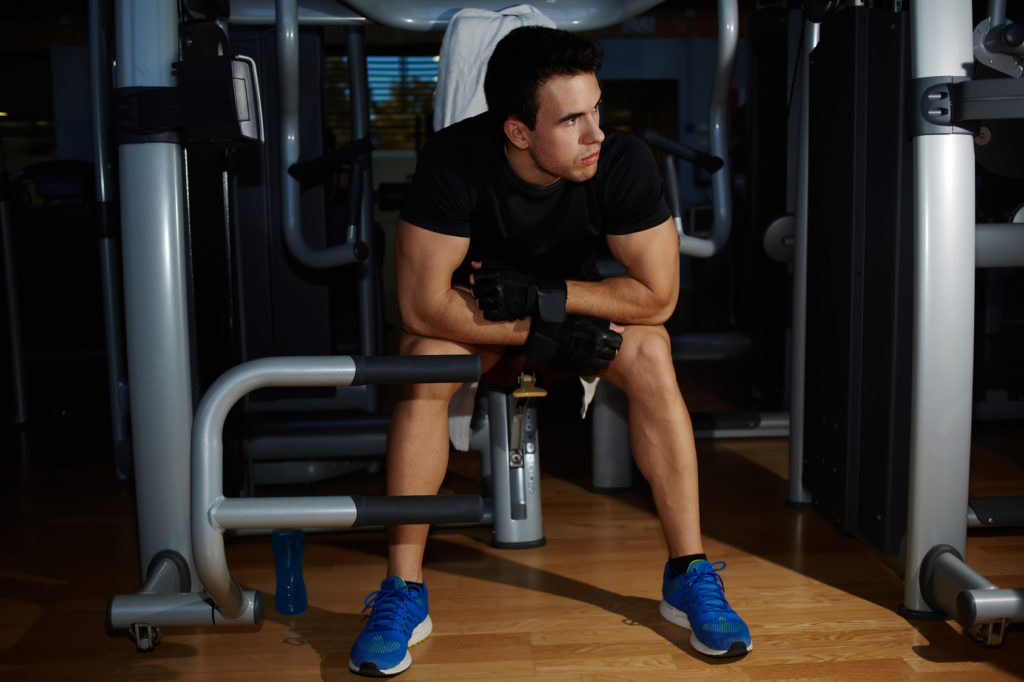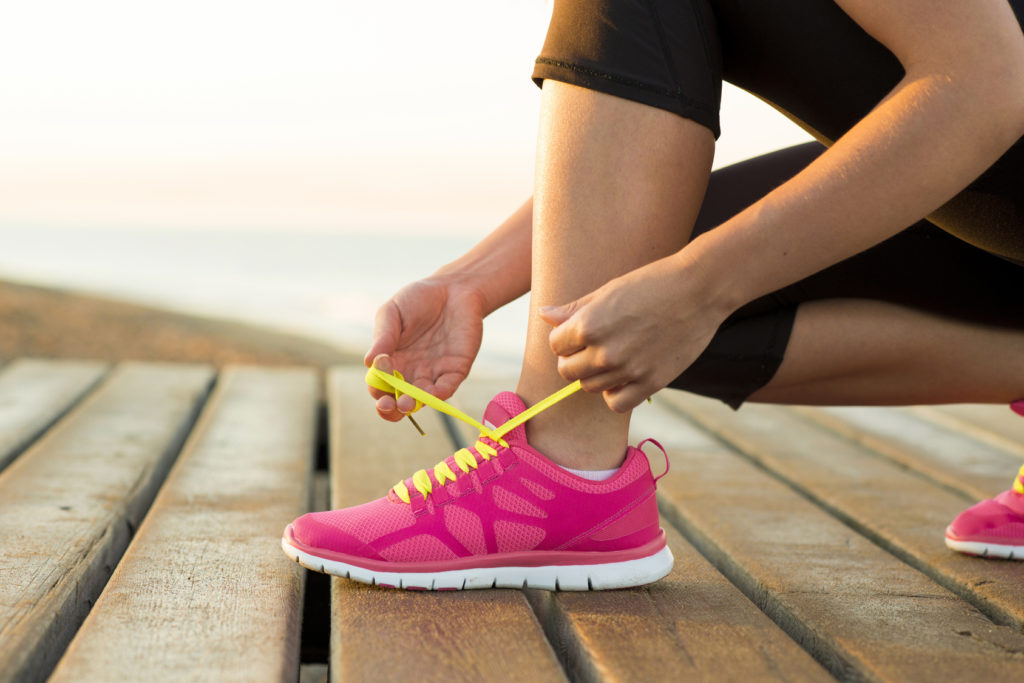
“With special populations, especially those who are particularly goal-oriented, particularly high achievers and particularly focused, there is still a sense of stigmatization, a sense of shame…One strategy for reaching out to athletes is to frame mental healthcare as a way to improve their performance in their sport.” (T.L. Schwenk, 2013) Student-athletes are often subjected to […]

It is often said that a sports star will die twice, the first time at retirement. For elite athletes who have dedicated their lives to sport, what happens when your time comes to an end, if you aren’t an athlete, then who are you? Elite athletes train extensively for years, in many cases, consuming the […]

Numerous accounts of high profile sports people suffering from depression have surfaced in recent times. Unfortunately, not all cases have been reported by the victim and recent newspaper reports in Ireland revealed the tragic loss of a talented young inter county senior hurler. He was one of many that suffered in silence. The opening up […]

The development of depression during retirement from professional sport has been highlighted by many athletes and most recently by swimming legend Ian Thorpe. James Cracknell has spoken about his tunnel vision of sport performance and subsequent inability to broaden his horizons in retirement. Alternatively sports stars have often quit a major competition or retired from […]

In the United Kingdom around 70% of the adult population fail to meet the guideline amounts for physical activity (Adams & White, 2005). The current recommendations, as set out by the UK Physical Activity Guide 2010, and based upon research such as Turner-Warwick et al. (1991) are that adults should participate in a minimum of […]

Introduction Firstly I should state that I’m not a mental health expert. I have however studied sport and exercise psychology, therefore the effects that sport and exercise have on our mental attitude (and vice-versa) is of immense interest to me. As a result I’m going to approach this article from an exercise psychology perspective and outline […]

Approximately 60% of men, 70% of women, 30% of boys and 40% of girls do not meet recommended levels of physical activity. Physical inactivity is one of the leading causes of death in developed countries, responsible for: 22-23% of CHD 16-17% of colon cancer 15% of diabetes 12-13% of strokes 11% of breast cancer By increasing levels […]

In this article we shall look at the effects that exercise has on psychological well/ill being. In todays society 25% of people experience anxiety disorders and 20% of people experience depression (Dishman, 2004). By 2020, depression will be second only to cardiovascular disease as the leading cause of death and disability (Lopez, 1997). Many studies have […]

When gearing up for a big match, very few athletes actually take the time to sit back and take a breath. The simple acts of inhaling, exhaling and relaxing for just a few moments can have a significant impact on sporting performance. Just take a look at Cristiano Ronaldo the next time he lines up […]

Mêdraœ and Bidziñska (2004) found that recreational males, former athletes and people who participate in aerobic exercise or sports (e.g. running, swimming, cycling) regularly engage in exercise addictive behaviours. But, the difference between commitment and addiction to exercise has been disputed. Commitment and addiction can be differentiated through the intellectual analyse of rewards and rationales […]

